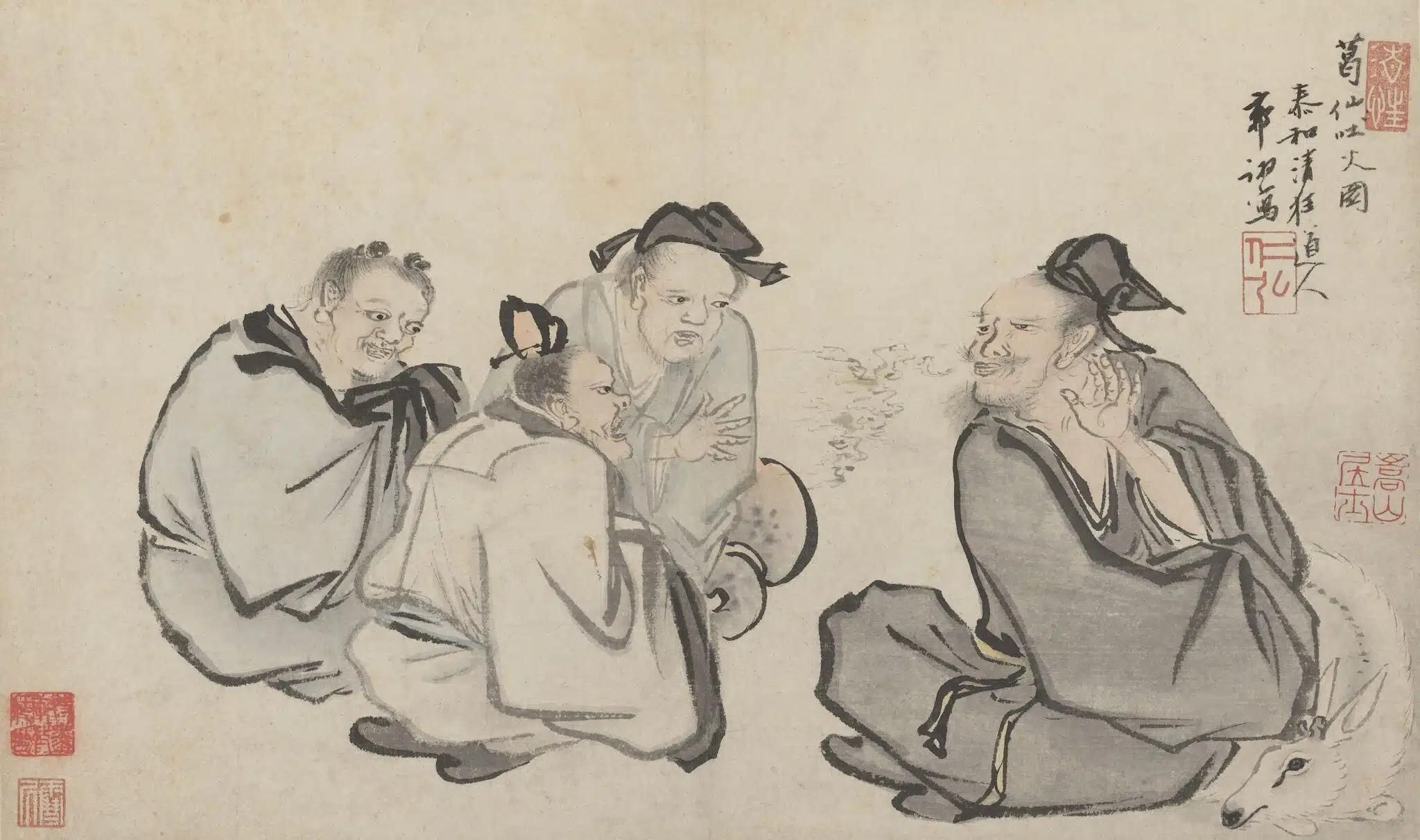When claims of spiritual power collide with criminal law, where should a secular court draw the line? This article explores how Hong Kong judges have dealt with cases involving Taoist “sexual cultivation” rituals, in which sex is presented as a path to fortune, healing, or spiritual benefit. By tracing several high-profile prosecutions, Kwan Yuk Sing shows how courts have leaned on established Taoist institutions to dismiss these practices as fraud or heresy. While this approach helps protect victims from exploitation, it also pulls the judiciary into defining what counts as “real” religion. The author argues that these cases expose an unresolved tension at the heart of Hong Kong’s legal system: how to safeguard individuals without turning secular courts into arbiters of religious truth.
Thousands of devotees converge on Manila’s Quiapo district to see, touch, and take home religious objects associated with the Black Nazarene. Focusing on this devotion, the article examines how items sold around Quiapo Church mediate everyday encounters with the divine. Drawing on ethnographic fieldwork, it argues that commodification does not dilute religious authenticity but helps produce and sustain lived Catholic piety.
This report by Kwan Yuk Sing examines the contemporary governance of Christianity in the People’s Republic of China through the crackdown on Zion Church, drawing on extensive interviews and a wide range of primary materials. It argues that “unregistered church” status is not a fixed legal category but a relational condition produced by the Party-state’s regulatory and coercive architecture, and shows how believers experience and reinterpret these pressures through religious narratives of sacrifice, testing, and resilience.
In Christian-majority Philippines, Muslim converts have become unexpected drivers of the country’s halal industry. From local advocacy to global certification networks, their initiatives reveal how new Muslims helped shape a faith-based market that bridges religion, commerce, and national identity.
When Taiwan’s recall protests erupted in 2025, faith and politics merged in striking ways, from churches sheltering activists to Daoist talismans and satirical funerals. This article explores how sacred symbols and rituals became tools of dissent, revealing a democracy expressed not only in votes, but in street demonstrations, rites and sacred imagery.
This article traces the journeys of Chinese women connected to the Yiguandao movement, whose conversions took place in both China and Japan. Balancing spiritual freedom with caution under the shadow of China’s religious restrictions, their stories reveal a discreet yet resilient form of faith.
This report by Fang-I Chu examines how ghost stories across Taiwan operate as informal modes of remembering the authoritarian past, particularly when official transitional-justice initiatives encounter political resistance or social unease. Focusing on Green Island—formerly a political prison—it traces the ways residents, survivors, tourists, and religious groups engage with the island’s commemorative landscape.






